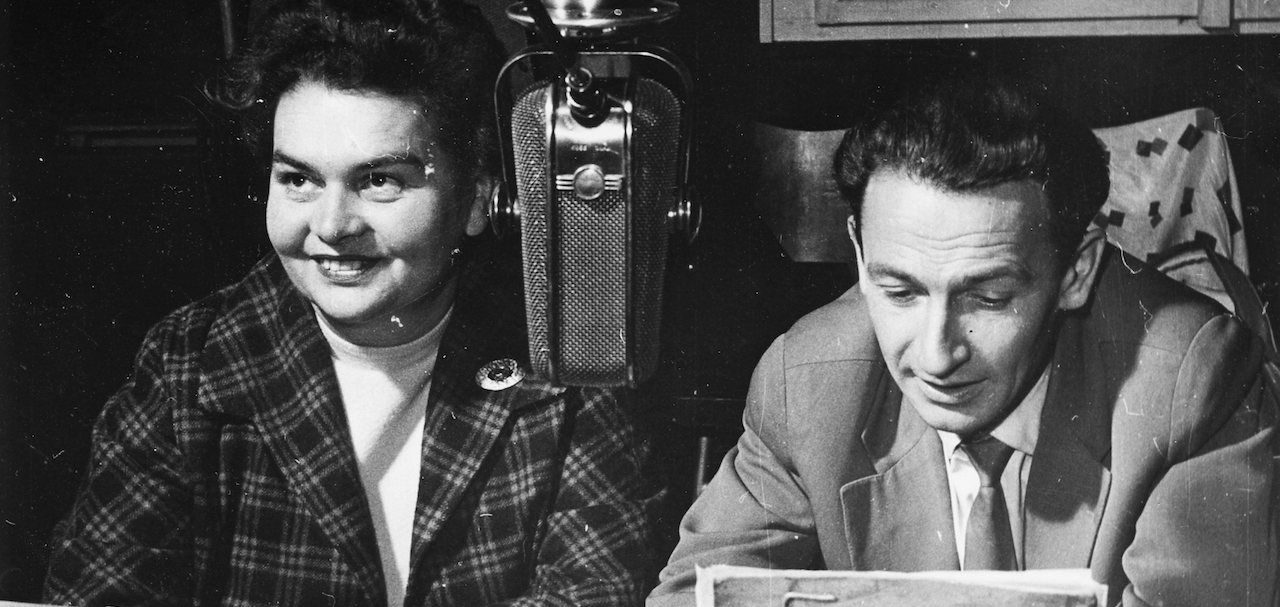
Tell us about your podcast.
The Partially Examined Life (est. 2009) is a philosophy podcast that attempts to merge the experience of a graduate seminar with the experience of going out to the pub after the seminar. Three or four ex-grad students—sometimes with a guest—pick a text to read and hold an informal roundtable discussion about it, both teaching it to the audience and trying to relate it to “real life.” We’ve covered philosophers from all eras, focusing on the Western canon, but also delving into non-Western and contemporary sources, as well as philosophy-adjacent figures like Darwin, Tocqueville, Freud, Durkheim, and James Baldwin.
Why did you start doing a podcast?
As former graduate students now working non-academic jobs—Mark Linsenmayer, Wes Alwan and Seth Paskin all attended The University of Texas at Austin in the 90s; Dylan Casey, who joined later, has a physics Ph.D. and taught at St. John’s in Annapolis—we missed the experience of regularly reading and discussing philosophy. We thought that this kind of seminar format where texts are really explored in detail and not just boiled down and summarized is something that should be shared much more widely, that this more-or-less direct access to texts forms an essential part of liberal education.
What are the best three episodes you’ve aired so far, in your opinion?
A great introduction to the podcast is this one we put on live, covering Plato’s Symposium (one of ten Platonic dialogues we’ve covered so far), where each host takes primary responsibility for presenting one of the characters’ theory of love. The episode includes video and music and an opening comic monologue about the “Apology” by guest Philosophy Bro.
We have done five episodes on Nietzsche. Episode 84 covers our favorite book by him: The Gay Science. We discuss his updated take on the Socratic project of challenging your most deeply held beliefs. What lurks behind this “will to truth” that we as philosophers exhibit? Nietzsche’s insight into our ignorance of ourselves provided a primary influence in calling our lives “partially examined.”
We have been pleased to feature as guests some of the world’s foremost philosophers: John Searle, David Chalmers, Peter Singer, Pat Churchland, Martha Nussbaum, Simon Blackburn, Elizabeth Anderson, and Michael Sandel. Due to our connections with St. John’s College, we have also featured current president Pano Kanelos to discuss liberal education (and the kind of conversation that our podcast and St. John’s seminars involve), Stuart Umphrey on natural kinds, and two appearances by Eva Brann, which are what we’d like to call your attention to here.
Episode 120 explored Eva’s book Un-Willing: An Inquiry into the Rise of Will’s Power and an Attempt to Undo It. We discussed views on will by Socrates, Augustine, Aquinas, Heidegger, Nietzsche, Sartre, current neurologists, and others. Eva not only exemplifies a truly interactive way for an author-philosopher to discuss her work, but provides a model for a now all-too-rare kind of conservatism rooted not in dogmatism or reactionary thinking, but in habits for living a good life rooted in ancient Greece.
Can you recommend one other philosophical podcast and tell us about one good episode?
Elucidations out of the University of Chicago provides a great forum for current academics to talk about their work. For instance, Matt Teichman’s 2017 interview with Steven Nadler on Spinoza.
Beside straight up philosophy podcasts, could you recommend another podcast?
We have found Econtalk by Russ Roberts to be a continually challenging and enlightening experience (and have had Russ on as a PEL guest to discuss Adam Smith). We especially enjoy his many one-on-one discussions with Mike Munger, such as this early episode on price gouging.

